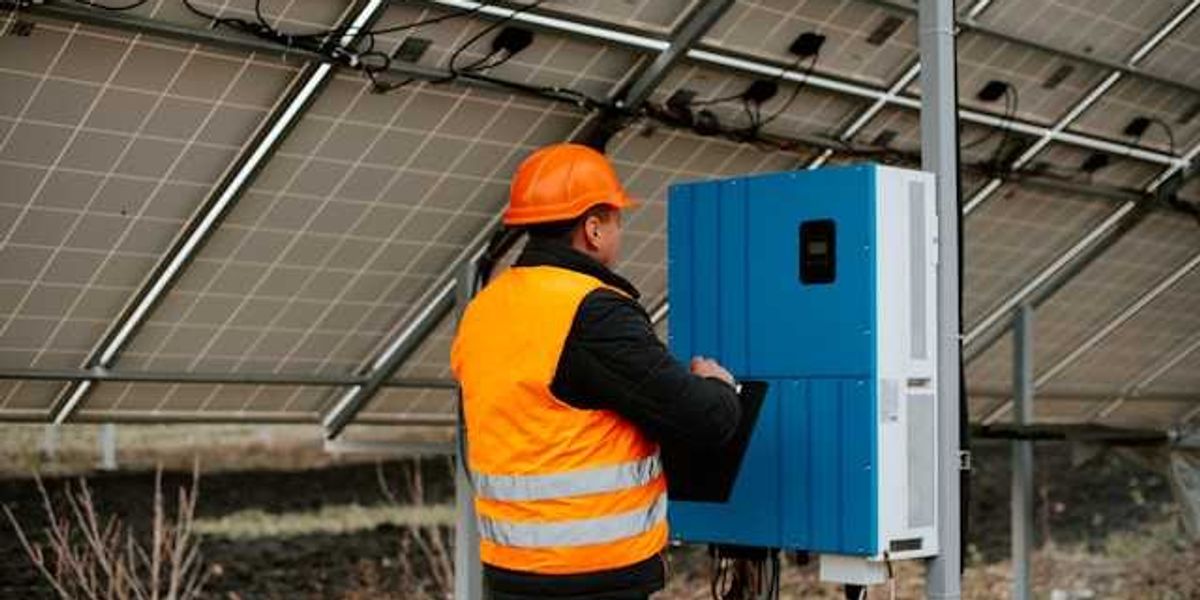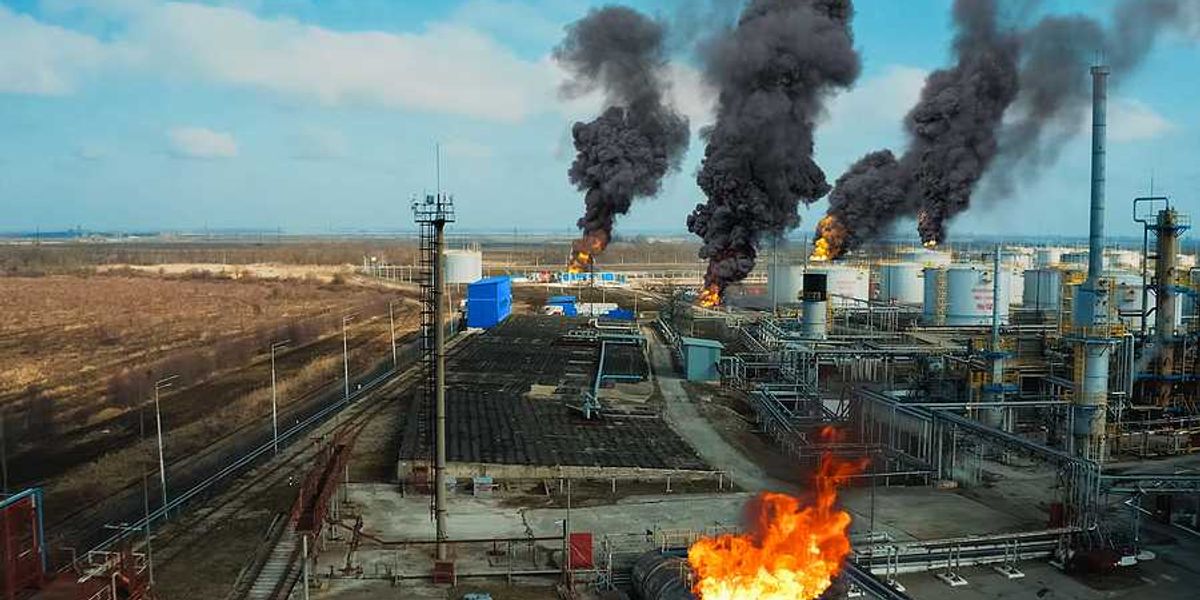US Department of Energy cancels $3.7B in clean energy grants to review cost and security concerns
The U.S. Department of Energy abruptly canceled $3.7 billion in clean energy grants approved under former President Biden, including major carbon-cutting projects in fossil fuel and industrial sectors, citing financial and national security concerns.
Brian Dabbs, Carlos Anchondo, and Christa Marshall report for E&E News.
In short:
- The Department of Energy canceled 24 clean energy grants, including major carbon capture and hydrogen initiatives involving Exxon Mobil, Kraft Heinz, and major cement firms, with only $99 million disbursed so far.
- Energy Secretary Chris Wright said the Trump administration is reviewing all awards for return on investment and national security relevance, calling previous financial vetting inadequate.
- Critics, including lawmakers and industry groups, warned the cancellations risk ceding technological and economic leadership to other countries and jeopardize domestic manufacturing growth.
Key quote:
“Businesses require certainty to plan and execute projects, and carbon management is no different.”
— Jessie Stolark, executive director of the Carbon Capture Coalition
Why this matters:
Canceling billions in clean energy funding shifts momentum away from emerging carbon management technologies just as global competitors race ahead. Projects targeted in this wave of cancellations aimed to cut emissions from sectors like cement and natural gas — among the hardest to decarbonize. The U.S. has long led development of carbon capture systems, but pulling support now sends a chilling message to private investors and scientists working on climate solutions. It also adds uncertainty to industries trying to modernize facilities and shrink pollution footprints while maintaining competitiveness. At the same time, the U.S. Environmental Protection Agency continues to promote carbon capture with faster permitting, suggesting a disconnect in federal climate policy.
Learn more: Clean energy funding freeze leaves rural farmers in financial limbo













